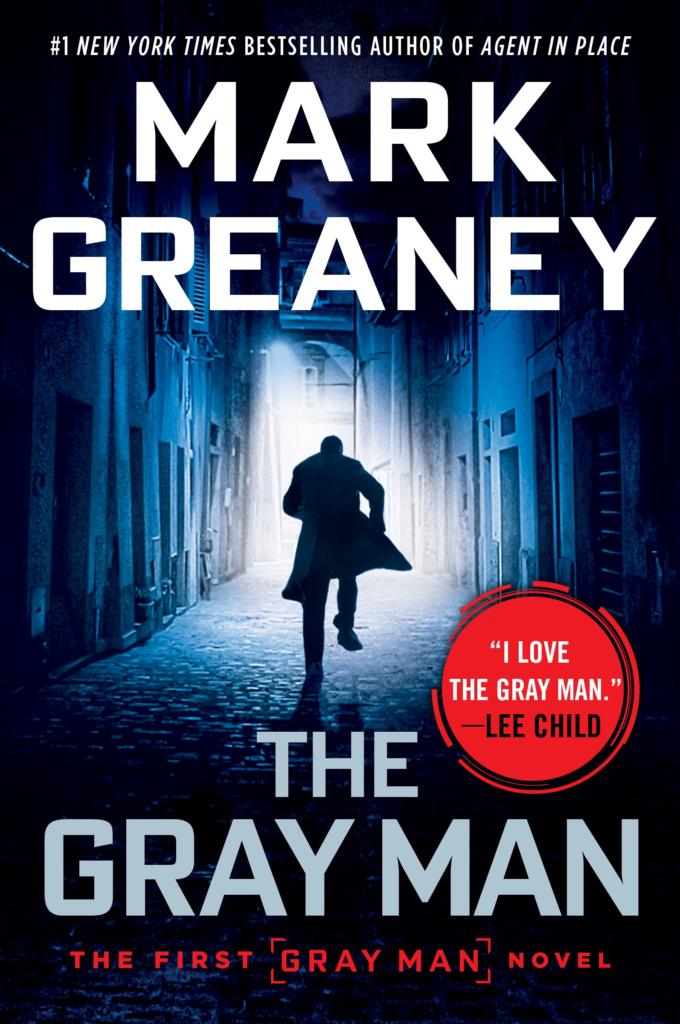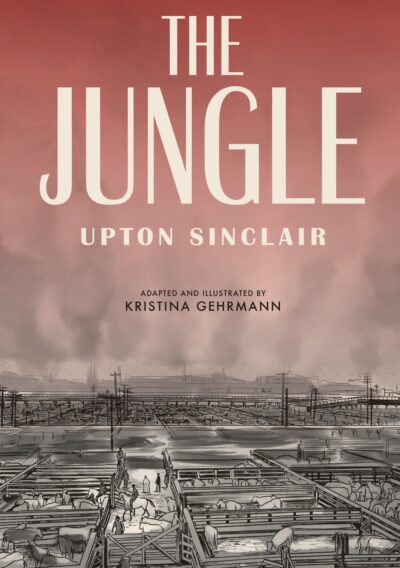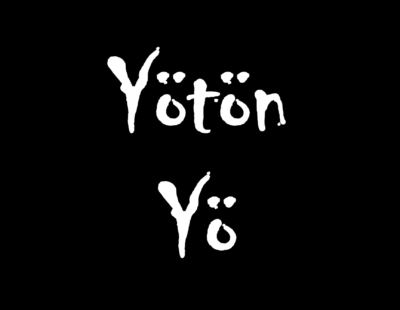Ways of Thinking About Character
Characterization by type can accommodate a great deal of human complexity. If one looks at the narratives of Shakespeare,Tolstoy, Chaucer, and George Eliot, one sees that central figures can all be referred to by some dominating type- the Machiavelli (Richard the Third), the adulteress (Anna Karenina), the pious fraud (the Pardoner), the dusty scholar (Casaubon). Yet these characters are rarely simply types but rather syntheses of types.
Abbott 144
Abbott describes the use and description of character types citing the above examples, which includes the character I am exploring, Anna Karenina from the novel of the same name by Leo Tolstoy. Anna could certainly be described as an adulteress, she passionately carries on with Vronsky as a married woman. The typical revelations one might come to about such a person might be that the person is dishonest, unreliable, immoral, and of those description fit this type of characterization of an adulteress.
Herein lies the fascinating part of her character; as she may be these things, she is much more and the characterization of one type, being an adulteress, simply does not do her character justice or even begin to scratch the surface of the complexities of Anna. She is a syntheses of types of characters, not types that are necessarily formally denoted, but certainly a blend of many.
Though Anna had obstinately and with exasperation contradicted Vronsky when he told her their position was impossible, at the bottom of her heart she regarded her own position as false and dishonorable, and she longed with her whole soul to change it. On the way home from the races she had told her husband the truth in a moment of excitement, and in spite of the agony she had suffered in doing so, she was glad of it. After her husband had left her, she told herself that she was glad, that now everything was made clear, and at least there would be no more lying and deception. It seemed to her beyond doubt that her position was now made clear forever. It might be bad, this new position, but it would be clear; there would be no indefiniteness or falsehood about it. The pain she had caused herself and her husband in uttering those words would be rewarded now by everything being made clear, she thought. That evening she saw Vronsky, but she did not tell him of what had passed between her and her husband, though, to make the position definite, it was necessary to tell him.
Anna Karenina Chapter 15
Anna has a dichotomous set of characteristics. She is an adulteress, which brings into to question her morality, yet in a way, her desire and willingness to be true to her heart at all costs suggest aspects of selfishness, and also that of authenticity. The richness of her character sidled with the the era and setting of Russian aristocracy, makes for a very dramatic narrative. In this passage above, Anna struggles with her choices, yet she knows she has nothing to do except follow her heart and instincts. She suffers either way, living a lie or following her heart.
A third position is that character and action are inseparable. [Leslie] Stephen’s contemporary, Henry James, argued that no one could learn the art of novel writing by learning first to make characters and second to devise the action.
Abbott 137
This speaks to the idea that actions and characters overlap in the sense of what inspires actions on behalf of a character. Why Anna crossed the line, how she crossed the line. The two are one blurred line. Anna’s strength as that of a heroine, standing by her edicts, not giving in to societal rejection and persecution in both action and motivation reveal her character.
Weakness took hold of Anna in the end. She drove the action of her suicide, which was fueled by her unwillingness to live with enormous loss. She felt depleted and hopeless, not to mention she was wholly unwilling to live by the terms dictated to her, rather than by her own. She tried, she fought for what she wanted against all odds. In true Anna fashion, as I know her so well, she ended her suffering. All of her feelings motivated her actions, and her actions were responsible for her feelings. Tolstoy presents incredible skill in the drama that plays out in Anna’s life but also in the lives of those in her sphere.
The New Thing I’m Reading

Forster introduced the term flat characters to refer to characters who have no hidden complexity. In this sense, they have no depth (hence the word “flat”). Frequently found in comedy, satire, and melodrama, flat characters are limited to a narrow range of predictable behaviors…There are no mysterious gaps to fill, since what you see is what you get.
Abbott 139
I am reading Mark Greany’s novel, The Gray Man. The story is about an ex special forces operator who has found himself in an international game of lethal cat and mouse. Gentry, the protagonist, is more of a flat character. The reader quickly sees Court Gentry as a typical special forces type, with atypical weapons, survival, and combat knowledge. The challenges he faces show off his keen abilities and there are really no surprises as far as character. It works for this genre, the real meat of the book comes through the very specific locations, weaponry and scenarios that Greany pieces together through his plots though his first-hand, travel-the-world type of research. I am familiar with Greany and chose to read one of his 13 books, the author was a longtime collaborator with Tom Clancy. I have followed Greany on social media as he is very open about his writing and research. The book was optioned for a movie, which was also fun to watch unfold.

A Brilliant Character

Forrest Gump is a brilliant character. The book was made into a film, and I took a peek into the text to see if it was just as captivating, and I was not disappointed. The piece is narrated in a first person point of view. The writing style lends so much to Forret’s character by using a local dialect from Alabama, he speaks in a very local, southern dialect.
Now, I’m slow- I’ll grant you that, but I’m probably a lot brighter than most folks think, cause what goes on in my mind is a sight different that what folks see. For instance, I can think things pretty good, but when I got to try sayin or writin them, it kinda come out like jello or somethin. I’ll show you what I mean.
Groom 1
This is from page one of the book, we get that Forrest is very sociable. He is pretty innocent throughout the tale, his makeup is just that and his actions are very in line with his character. He is exposed to high stakes situations, such as being in Vietnam, seeing his friend die, as well as the horrendous experience of being on the battlefield.
Gump narrates his life events as the audience is met with an evolving character that stays true to himself. In my mind he retains his innocence somehow. The audience/reader half expects him to become jaded or to lose this quality, but what makes the character so endearing is that he does not.
Creating a Character
Kelly knew it was to be saved for when they had a few minutes to unwind. Probably lunchtime. They would often take walks around campus or sit and have a quick bite, they’d inevitably opt for comedy relief as they both saw the world through a similar lens. They attributed the ugliness of the world to something separate from themselves, as if they have had their fair share of pain from a lifetime ago or last week.
To buy into anything dramatic other than their work in the Intensive Care Unit, was not an option. They talked about how silly the practice of “spelunking” is and what could possibly inspire one to do such an activity. They thought it was the funniest thing ever, they laughed as each upped the ante to make the other laugh even more.
It was a good day, one hour at a time.
Just a few days later, Darren came to work visibly shaken. The unit was busy with two code blues, the challenges in the Intensive Care Unit were not for the meek or mild.
“Hey, what’s up with you, you OK?” Kelly said.
Without looking up, to avoid eye contact, because that is what can put anyone on the floor into tears, he said,”hey, I can’t talk about now, meet for coffee at break?’ Darren offered.
Three hours passed until Kelly brought her tea and black bean soup to the self check out in the commissary. She spotted Darren sitting with his lunch that he was just moving around with his fork.
The lows were just as bonding as the highs and laughter with Kelly and Darren; they were kindred spirits. Not lovers, but more like brother and sister, they both filled a hole in each other’s hearts.
Darren handed Kelly a envelope when she sat down, it was a letter that came from a correctional facility.
In creating this piece of microfiction, the goal was to portray certain characteristics of both Kelly and Darren, giving the reader a sense of their importance to one another.
Works Cited
Abbott, H. Porter. The Cambridge Introduction to Narrative. Cambridge University Press, 2020.
Groom, Winston. Forrest Gump: A Novel. Vintage Books, 2012.
Featured Images
Anna Karenina.Photo by Laurie Sparham – © 2012 – Focus Features




